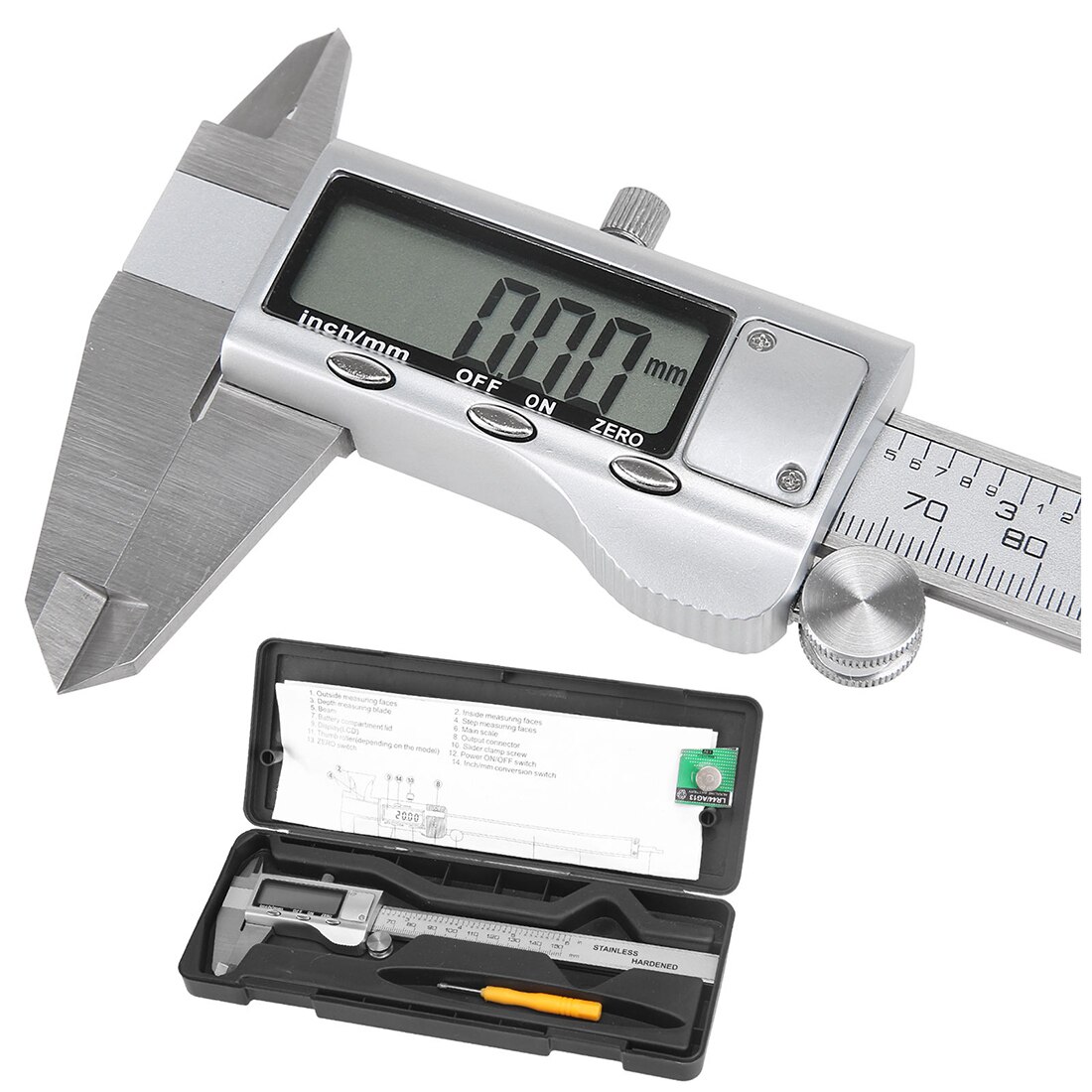Advantages of an Electronic Gauge
There are many advantages of using an electronic gauge rather than a mechanical gauge. Some of the most notable benefits include:
1. Precise measurement – An electronic gauge is able to provide much more precise measurements than a mechanical gauge. This is due to the fact that there are no moving parts involved in the measurement process.
2. Faster measurement – An electronic gauge is able to take measurements much faster than a mechanical gauge. This is due to the fact that there is no need to wait for the moving parts of the gauge to come to a stop before taking a reading.
3. Easy to use – An electronic gauge is much easier to use than a mechanical gauge. This is due to the fact that there are no complex moving parts involved in the measurement process.
4. No maintenance required – An electronic gauge does not require any maintenance. This is due to the fact that there are no moving parts involved in the measurement process.
Disadvantages of an Electronic Gauge
There are some disadvantages of using an electronic gauge rather than a mechanical gauge. Some of the most notable disadvantages include:
1. More expensive – An electronic gauge is usually more expensive than a mechanical gauge. This is due to the fact that there are more complex components involved in the measurement process.
2. Requires power – An electronic gauge requires a power source in order to operate. This can be a disadvantage if there is a power outage.
3. Can be inaccurate –Electronic gauges can be inaccurate if it is not calibrated properly. This is due to the fact that there are more complex components involved in the measurement process.
4. Can be damaged by electromagnetic interference – An electronic gauge can be damaged by electromagnetic interference. This is due to the fact that there are more complex components involved in the measurement process.
If you are looking for an instrument to measure the outer diameter of a mass production component, an electronic gauge might be the best option. These tools can accept either a probe or a transducer. These gauges feature a column display that gives you an easy-to-read bar. Get in touch with Contact Instruments for drill mud pump. Many of these units have six different ranges, including 0.1 micron. Here are some of the advantages and disadvantages of an electronic gauge. Once you have decided on the type of gauge that is right for your needs, you will want to consider the following aspects of an electronic gauge.
The first thing you will want to consider is the type of connection. A digital gauge will have a port for connecting to a computer. This connection typically has a male NPT threaded connection. The second thing to consider is the size of the port. Make sure it is large enough to accommodate the data you need to store. You will also want to choose a gauge that has a battery backup. Digital gauges are especially convenient because they are battery-powered. Another advantage of an electronic gauge is its precision. Analog gauges don’t record readings automatically, and they often have a poor accuracy rating. The difference between an analog and a digital gauge is how much information the gauge stores about a pressure measurement. For example, an analog pressure gauge requires a person to interpret a needle’s position, and a digital gauge automatically records high and low readings. A digital gauge also offers data collection and customization.

